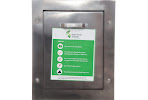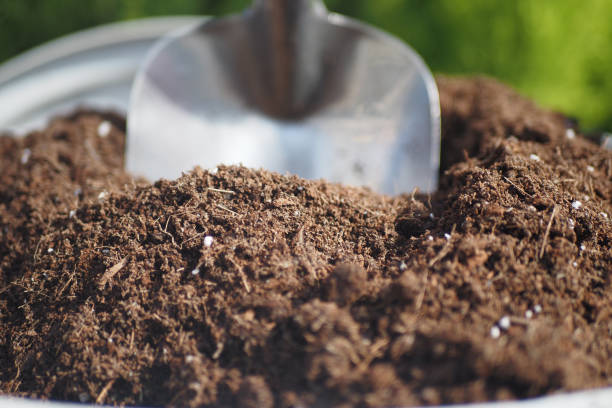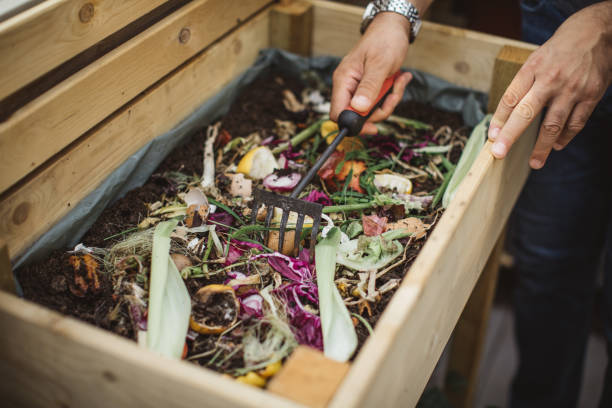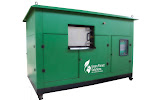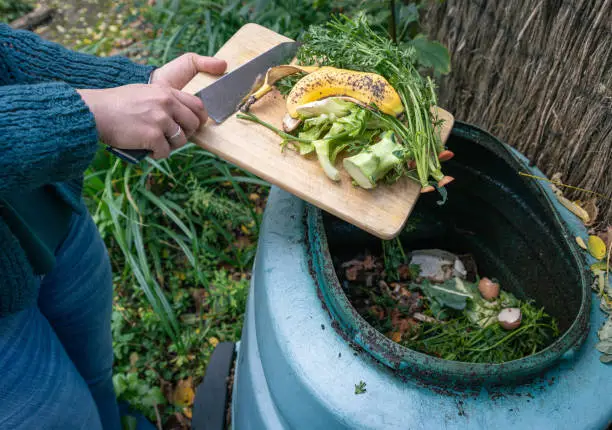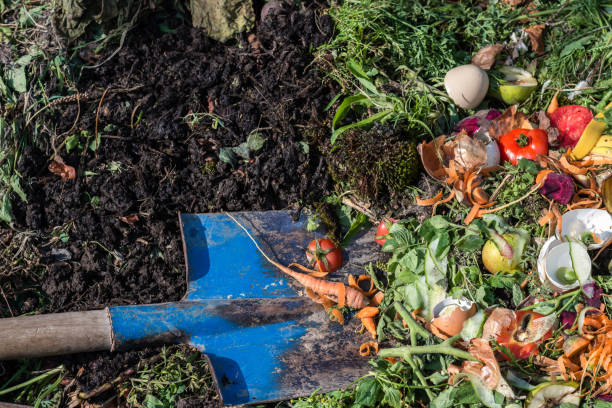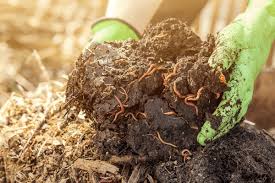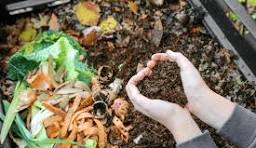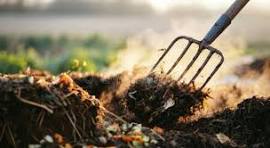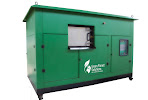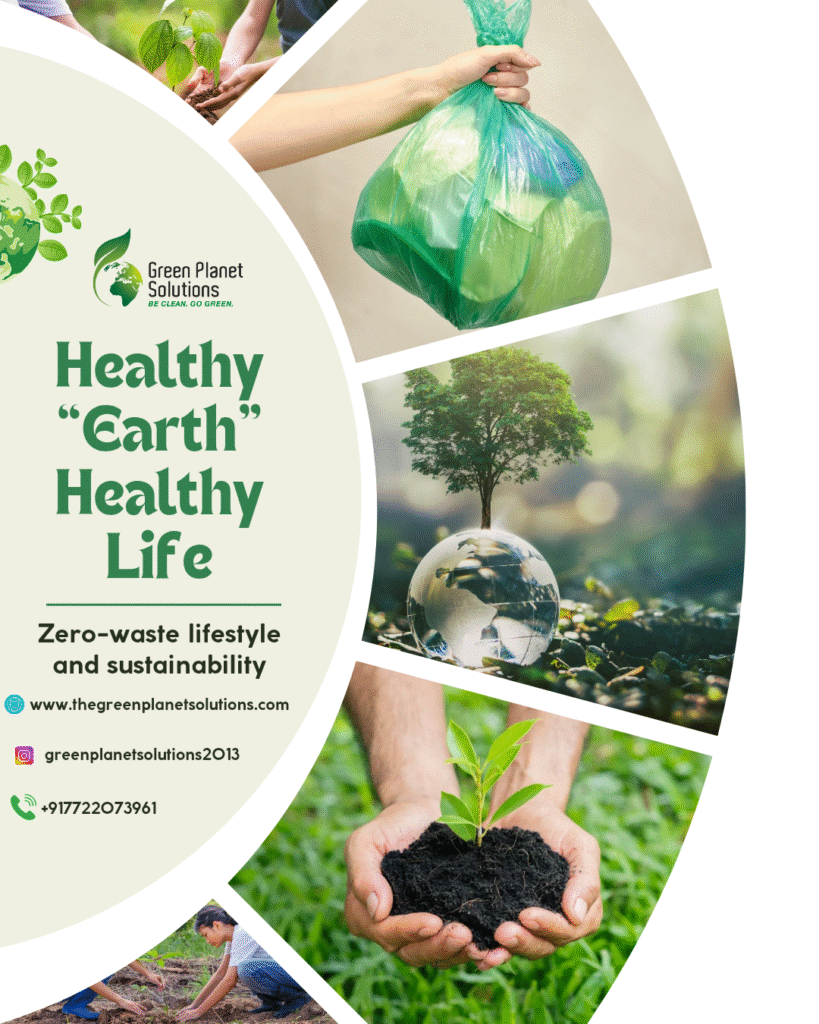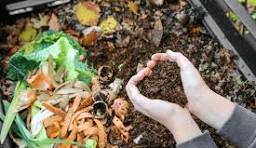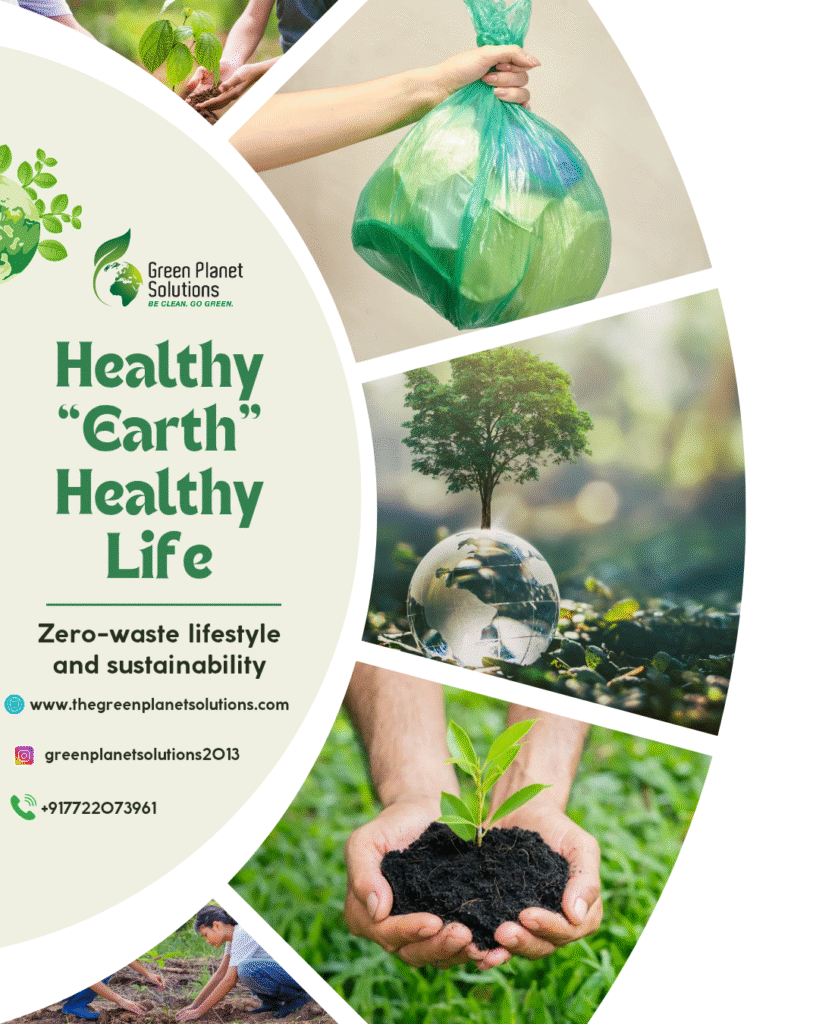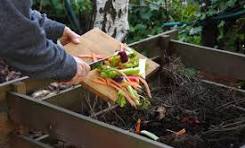ENQUIRE NOW FOR BEST COMPOSTING MACHINES IN INDIA – https://share.hsforms.com/1d12AT_oJScm8iiXbjSrEIwrh2r7
Introduction: The Hidden Gold in Food Waste
Every day, UAE’s bustling Free Zones—from Dubai Internet City to Abu Dhabi Industrial City—generate tons of food waste from cafeterias, restaurants, and catering units.
Yet most of this waste ends up in landfills, contributing to methane emissions and higher disposal costs.
But what if that “waste” could actually be turned into a valuable resource—right where it’s generated?
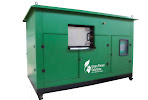
That’s exactly what on-site composting machines are doing today—transforming food waste into nutrient-rich compost, helping Free Zones reduce waste bills, meet sustainability goals, and even generate new revenue streams.
♻️ 1. The Growing Food Waste Challenge in UAE Free Zones
The UAE’s hospitality and commercial hubs produce over 3.2 million tonnes of organic waste annually, according to the UAE Ministry of Climate Change and Environment.
Free Zones contribute a significant portion of this due to:
- Massive food courts and cafeterias
- Catering services for thousands of employees
- Packaging and organic kitchen waste from restaurants
With the UAE moving toward zero waste to landfill by 2030, these Free Zones need smart, scalable solutions—and on-site composting machines are leading the way.
ENQUIRE NOW FOR BEST COMPOSTING MACHINES IN INDIA – https://share.hsforms.com/1d12AT_oJScm8iiXbjSrEIwrh2r7
⚙️ 2. What Are On-Site Composting Machines & How Do They Work?
On-site composting machines are fully automated units that convert organic waste—like food scraps, vegetable peels, and leftovers—into compost within 24 to 48 hours.
They use controlled heat, aeration, and microbial technology to accelerate the natural decomposition process.
💡 Key Features:
- Odor-free & pest-proof operation
- Compact design ideal for urban Free Zones
- Low maintenance and power-efficient
- Real-time monitoring via smart sensors and IoT integration
These systems eliminate the need for waste transportation, cutting carbon emissions and logistics costs—a win for both the planet and the balance sheet.
ENQUIRE NOW FOR BEST COMPOSTING MACHINES IN INDIA – https://share.hsforms.com/1d12AT_oJScm8iiXbjSrEIwrh2r7
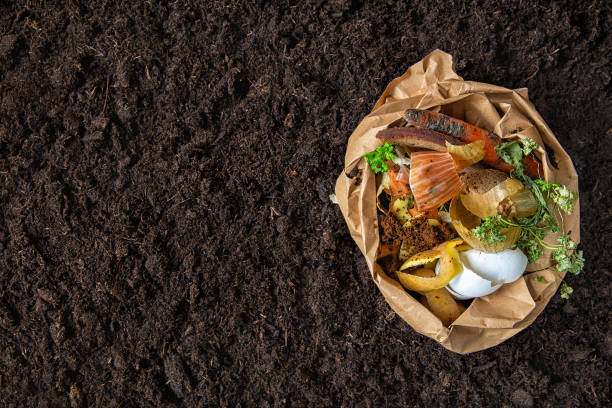
💰 3. Turning Food Waste into Economic Value
For UAE Free Zones, composting is not just about sustainability—it’s a business strategy.
✅ Cost Reduction:
Eliminates the high cost of waste collection and landfill disposal.
✅ Sustainability Branding:
Enhances the reputation of the Free Zone and its tenant companies as eco-conscious leaders aligned with UAE Vision 2031.
✅ Revenue Potential:
The compost produced can be:
- Sold to landscaping and agricultural projects
- Used internally for green belts and gardens
- Offered as part of CSR or community initiatives
Food waste becomes fertile soil—literally and figuratively!
ENQUIRE NOW FOR BEST COMPOSTING MACHINES IN INDIA – https://share.hsforms.com/1d12AT_oJScm8iiXbjSrEIwrh2r7
🏢 4. Why Composting Is Perfect for UAE Free Zones
🌞 Climate Compatibility:
Machines are designed for hot, arid conditions, ensuring efficient performance even in UAE summers.
🏗️ Space Optimization:
Compact vertical models fit easily in Free Zone facilities, canteens, or basements.
🧠 Smart Technology:
Modern composters feature AI-based automation, real-time waste tracking, and digital reports to meet ESG compliance.
🌿 Regulatory Alignment:
Composting aligns with:
- Dubai Municipality’s Circular Economy Policy
- UAE Net Zero 2050 Initiative
- Green Building and Waste Segregation Mandates
🔧 5. Green Planet Solutions Pune: Powering UAE’s Composting Revolution
At Green Planet Solutions Pune, we specialize in AI-enabled, fully automated composting machines designed for both residential and commercial environments—including Free Zones, hotels, schools, and industrial parks.
Our machines are:
- Compact yet high-capacity (25 kg to 2000 kg/day)
- Energy-efficient & low-maintenance
- Manufactured with advanced microbial technology
- Customizable for UAE climate and infrastructure
🌟 Why Choose Us:
- 10+ years of composting innovation
- Successful installations in UAE, Qatar, and India
- End-to-end service: from site analysis to after-sales support
We don’t just sell machines—we create sustainability ecosystems.
🚀 6. Real Impact: Case Example
A Dubai Free Zone cafeteria installed a 500 kg/day Green Planet composting machine in 2024.
- Waste Reduction: 90% less waste sent to landfill
- Compost Produced: 150 kg/day
- Cost Savings: 40% reduction in monthly waste management bills
- Brand Value: Recognized by the local municipality as a “Green Initiative Leader”
That’s real impact—both environmental and financial.
composting machine UAE, on-site composting UAE, food waste management UAE, commercial composting, zero waste UAE, Free Zone composting, organic waste recycling UAE
Green Planet Solutions Pune, composting machine supplier UAE, sustainability in UAE, hotel waste management, smart composting solutions
Search Volume Insights (2025 Estimates):
- “Composting machine UAE” → High search volume
- “Food waste to compost UAE” → Medium-high
- “Waste management solutions UAE” → High
- “Green building sustainability UAE” → Rising trend
Power Words: Transform, Revolutionize, Empower, Breakthrough, Profit, Proven, Sustainable, Intelligent, Efficient, Smart, Eco-luxury
Emotional Words: Pride, Responsibility, Hope, Renewal, Trust, Confidence, Leadership
Incorporate these words throughout blogs and ads for emotional resonance and high click-through rates.
#GreenPlanetSolutions #CompostingUAE #ZeroWasteUAE #WasteToCompost #SustainabilityUAE #FreeZoneInnovation #EcoFriendlyBusiness #CircularEconomyUAE #GreenFuture #SmartComposting
Facility managers, sustainability officers, Free Zone developers, property managers, hotel chains, and government sustainability bodies.
🌿 Conclusion: Waste No More—Turn It Into Worth
The UAE is racing toward a zero-waste future. Free Zones that adopt on-site composting machines today are not just managing waste—they’re investing in sustainability, savings, and social value.
Green Planet Solutions Pune is here to help you turn your waste into wealth—responsibly, efficiently, and profitably.
🌱 Start your sustainability journey today!
💬 Contact us to schedule a free waste audit for your UAE facility.
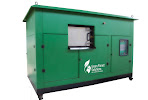
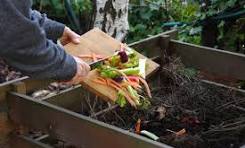

 – +917722073961
– +917722073961